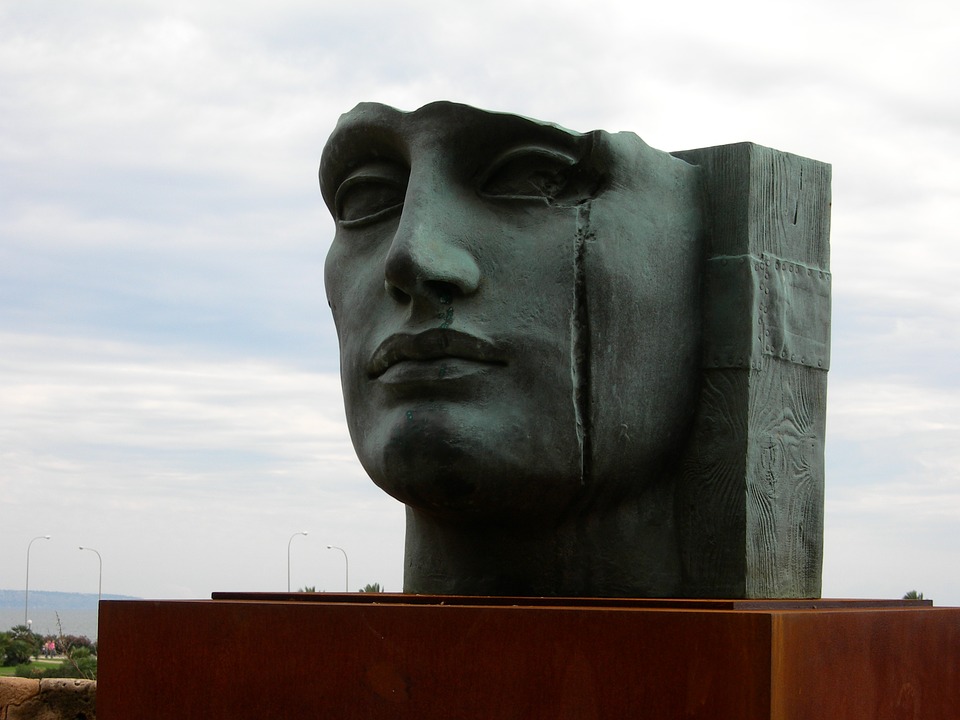“Traumatic wounds are by definition unspeakable. Yet from the earliest of literature, we find tales of primal trauma which tell of a certain catharsis through storytelling and touch. And we witness a special role played in such tales by figures called ‘wounded healers.”
Richard Kearney admits that is very difficult to ‘interpret’ certain traumas. It appears as if these wounds cannot be expressed in language, that it is beyond words and certainly beyond meaning.
He is interested in the paradox of ‘telling the untellable,’ or as I’ve put it before, exploring the “unsaid”. His basic theory is that while traumatic wounds cannot be cured, they can at times be healed-and that such healing may take place through a twin therapy of narrative catharsis (the telling of stories) and carnal working-through (the embodied sensing of meaning ~ according to my model of theological anthropology). “In short, healing by word-touch. A double transformation of incurable wounds into healable scars”.
In Greek mythology, there are the sagas of the wounded healers Odysseus, Oedipus, and Chiron. The name Odysseus means ‘bearer of pain’ and in Homer’s poem it is revealed that he is carrying wounds both suffered and inflicted by his ancestors.
The word Homer uses for ‘scar’ is a term often associated in Greek literature with ‘trauma’. “While the wound is timeless, the scar appears in time: It is a carnal trace which can change and alter over time though it never disappears. Scars are written on the body; they are forms of proto-writing. And narrative catharsis is a process of working through such carnal traces. Put simply: While the wounds remain timeless and non-representable, scars are the marks left on the flesh to be seen and touched, told and read. Scars are engraved wounds that may, or may not, be healed.”
“Narrative catharsis is the distilling of pathological pity into compassion and of pathological fear into serenity. Compassion spells a proper way of being ‘near ‘ to pain; serenity a proper way of remaining ‘far ‘ from it (keeping a healthy distance, as we say, lest we over-identify or fuse with the other’s pain). Purged emotions lead to practical wisdom”.
Note: This is a discussion of Richard Kearney’s chapter, “The hermeneutics of wounds” in the 2018 book “Unconscious Incarnations: Psychoanalytical and Philosophical Perspectives of the Body”, edited by Brian W Becker, John Panteleimon Manoussakis, and David M Goodman.
